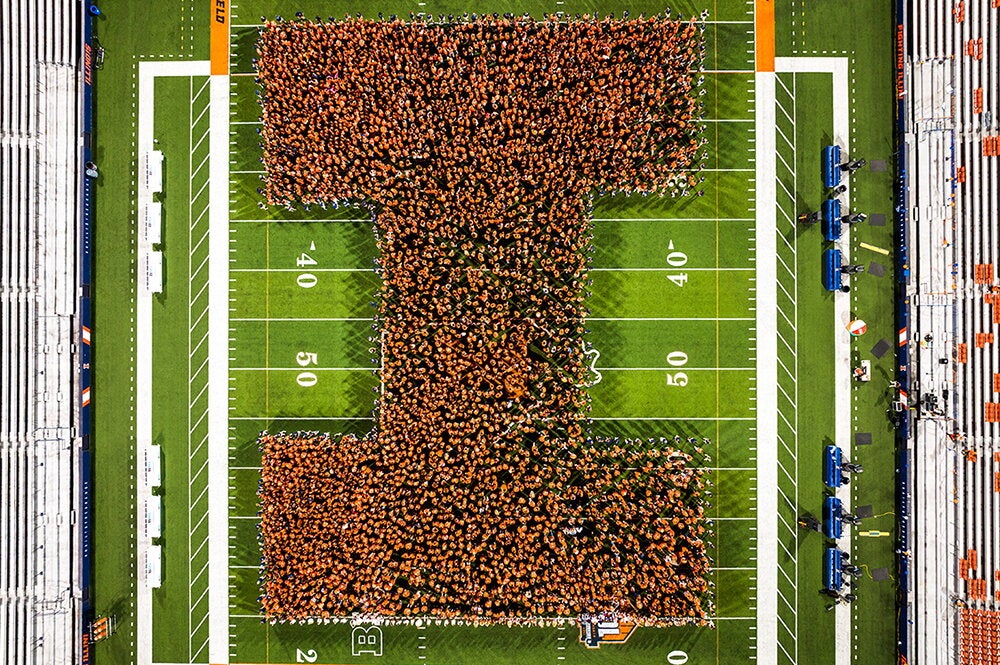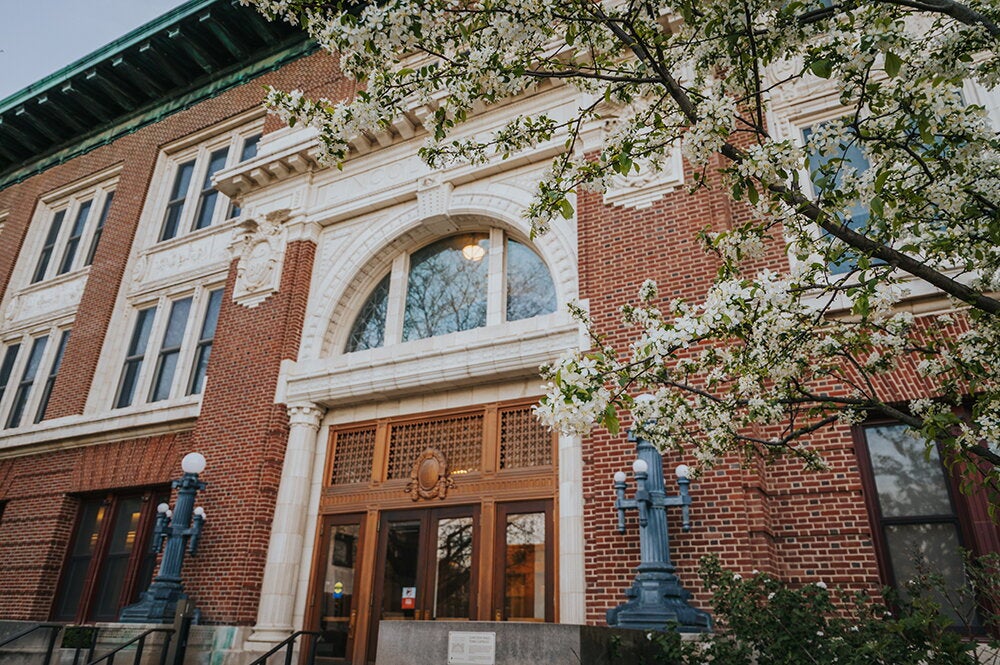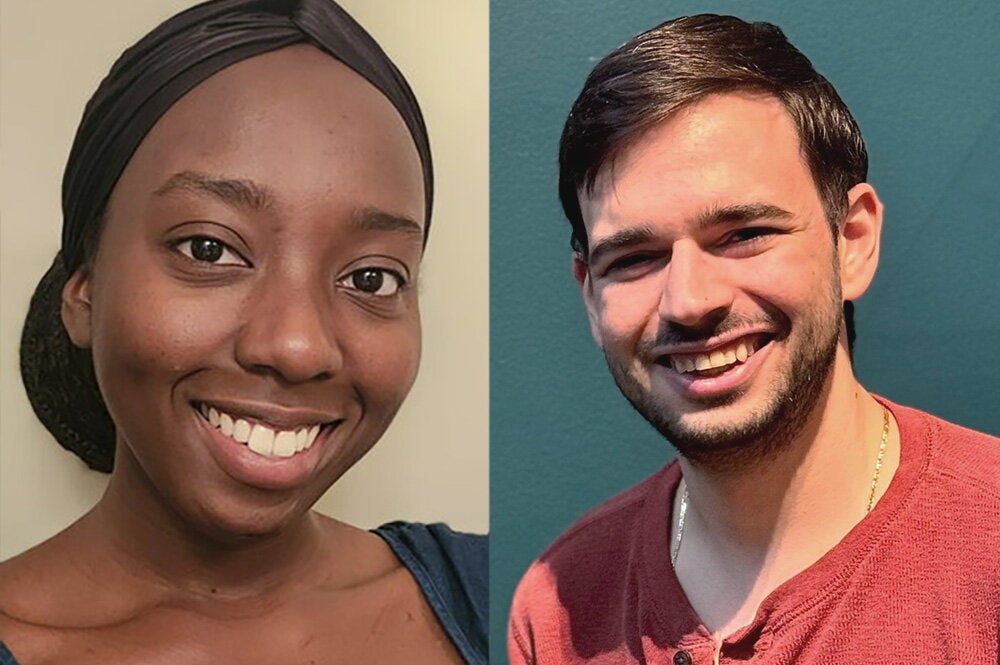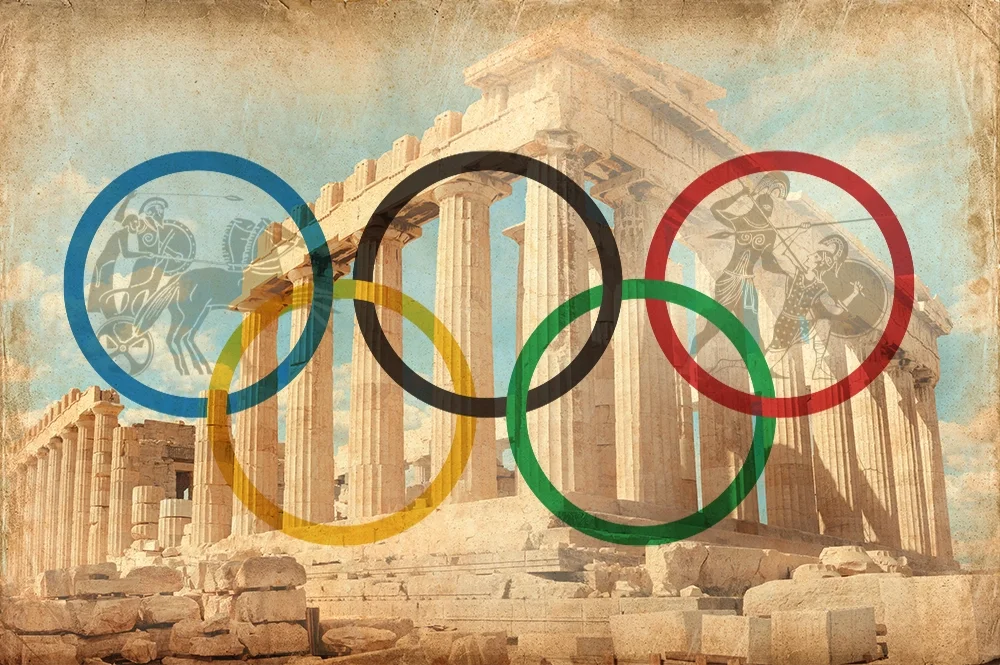
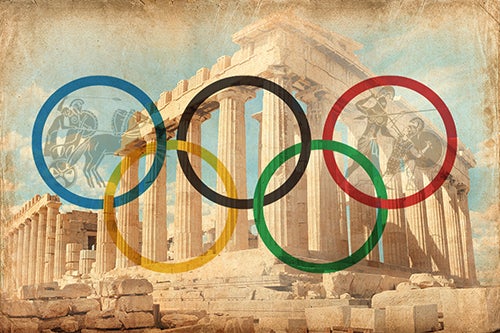
Professor of classics Dan Leon teaches about sports and society in ancient Greece and Rome. With the Paris Olympic Games beginning later this month, he shared how the original Games looked more than thousands of years ago in Olympia.
How did the Olympic Games begin?
It was a religious festival, first and foremost. It’s very old. The traditional date of the foundation of the games is the early 8th century B.C.E., but there is archeological evidence pushing that back hundreds of years earlier. We think probably what happened in the 8th century was that it was reorganized and became a little bit larger, which is why that date stuck.
What was the structure of the original games?
It wasn’t a totally arbitrary thing. It was something that everybody did on a fixed schedule with rules, and there was pressure to do it right because of the religious element. It happened every four years, and that four-year cycle became a common way of reckoning time. Every city would have its own calendar system and they would keep track of time based on magistrates or kings. For example, the first year of the King of Syracuse means nothing to people in Argos, say, so they had a common frame of reference in the four-year cycle of the Olympic Games—what we call Olympiads. It became something that they could all refer to.
During its origin only Greek men were allowed to participate, and over time people tried to find ways—because of the prestige of the games—to define themselves as Greek so that they could participate and receive a little share of the glory. It seems like it always had a political dimension. Regional rivalries and, over time as the games became more popular, super-regional rivalries with people from the edges of Greece played out in this safe environment.
There was a parallel, much smaller festival for unmarried girls called the Heraea. It also took place in the city of Olympia, and it came into being a little bit later than the Olympic games. It was smaller, but it speaks to a desire of the female portion of the ancient Greek population to participate in this kind of competition.

What events were in those early Olympics?
In their origins it was just a single sprint race. It was 200 meters long. Over time the schedule of events became more complicated with sprinting events, jumping events, wrestling events, and the combat style events. They were all very popular but the most prestigious of the events was chariot racing. The interesting thing about chariot racing is that the people who won those events were usually not actually driving the chariot. They were the people who paid for the team and paid for the trainers. They paid for the guy who drove the chariot. In theory, you didn’t actually have to be present to win one of those chariot racing events. So, if you’re not supposed to be there because you are an adult married woman, but you have a lot of money, you can sponsor a chariot team. Somebody did figure that out. Her name was Kyniska, a woman from Sparta. She sponsored a chariot racing team in the early 4th century B.C.E. and became the first female Olympic victor.
How did religion come into play?
There were several religious sites in ancient Olympia. One is devoted to the god Zeus, the king of the polytheistic group of gods that Greeks worshipped. Another was a temple to his wife Hera who was a particularly important goddess in the Greek pantheon. Then there was also a shrine to a Greek hero called Pelops. One of the stories about Pelops is about a famous chariot race that is intrinsic to a myth that explains the origins of the games. At these sites people would go and give dedications to the gods to thank them and ask them for help.
After their origin, how long did the games last?
There is not an unbroken string of Olympics stretching back to the 8th century. It sort of fell apart in the 4th century C.E. There are a few reasons for why it fell apart. One is that there was less of that competition among Greeks because they had been living in the Roman Empire for a long time. Another reason is that it was a pre-Christian festival and the more Christianity became dominant, the more there was some hostility toward non-Christian religions, and that meant that Christian aristocrats were going to be less likely to spend money on keeping the sanctuaries in shape and so forth. Then there were some chance things, like earthquakes, that damaged the sites and eventually they gave it up. It was revived in the 19th century.
How did the 19th century games compare to the original games?
There were three different revivals. The one that we now think of as the Olympics was the French one. The English one was very local but it was sort of just these schoolboys having a little bit of athletic competition. The Greek one was very focused on Greece and advertising Greek identity. The French movement that became the International Olympic Committee was pretty focused on a misperception of amateurism. If we think about the ancient games and how long it would take to train for those and walk across Greece to get to this sanctuary, they had to have a lot of free time on their hands. That means that to compete they had to be extremely wealthy. They were not amateur athletes. They were rich people with enough time on their hands to devote time to all that training.
Are there similarities between today’s Games and the ancient ones?
One similarity is that in ancient Greece, for people to travel to the Olympics, there had to be a general agreement that they were not going to fight when the games were going. People could pass through an enemy territory safely. The modern Olympics has a very peaceful ethos as well. They really are promoting global harmony.
What surprises you most about the ancient Olympics?
One of the things that surprised me most was just how much they changed the schedule. They were constantly tinkering and from year to year they would try exhibition sports that would last only one or two games. For example, they had a donkey-drawn chariot race for about 20 years and that didn’t stick for some reason. I guess they probably thought donkeys were less dignified than horses. There was one Olympics festival where they did a boy’s pentathlon, and nobody really knows why (it stopped) but the main suspicion is that it was just too much for those kids. So they did the games in the same place and same time on the same schedule, but then were also constantly tinkering.
Why is it important to continue to study the Olympics both past and present?
I think it’s important for people to reflect on why they do the things that they do. When you have something like the Olympics, which is very explicit about the virtues and values that it supposedly displays, it’s an important opportunity to revisit the question of what those values are and whether we are living up to our values that we claim to hold dear. The modern Olympics give us that opportunity every few years. Studying them side by side with the ancient Greek Olympics help us see how over time things can drift and change, and how the addition of new communities can cause us to reflect and redefine what our values are.
